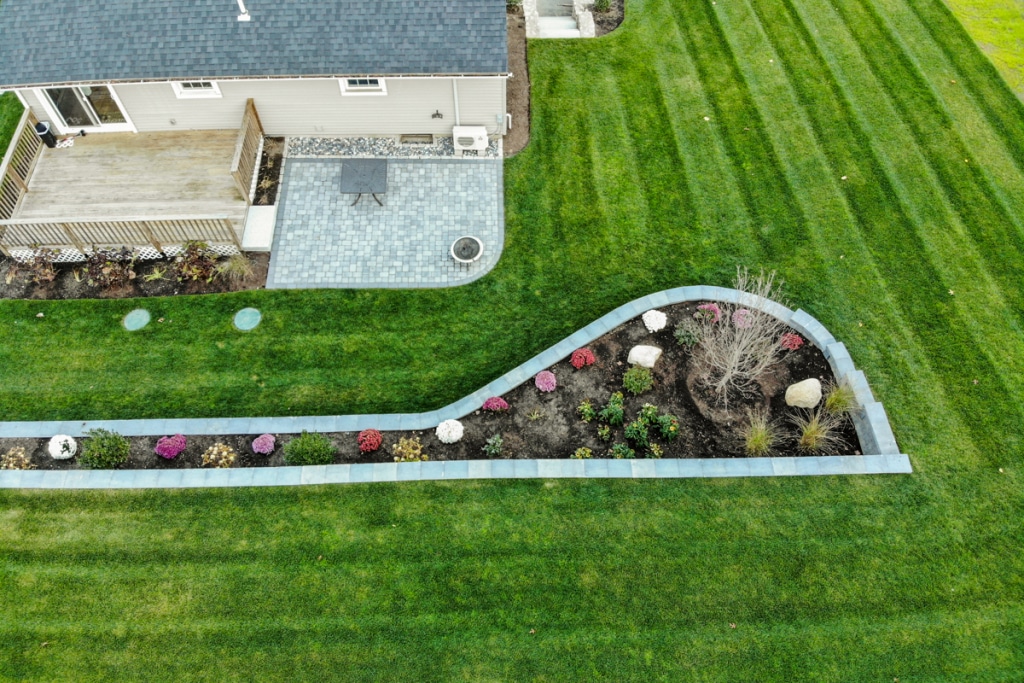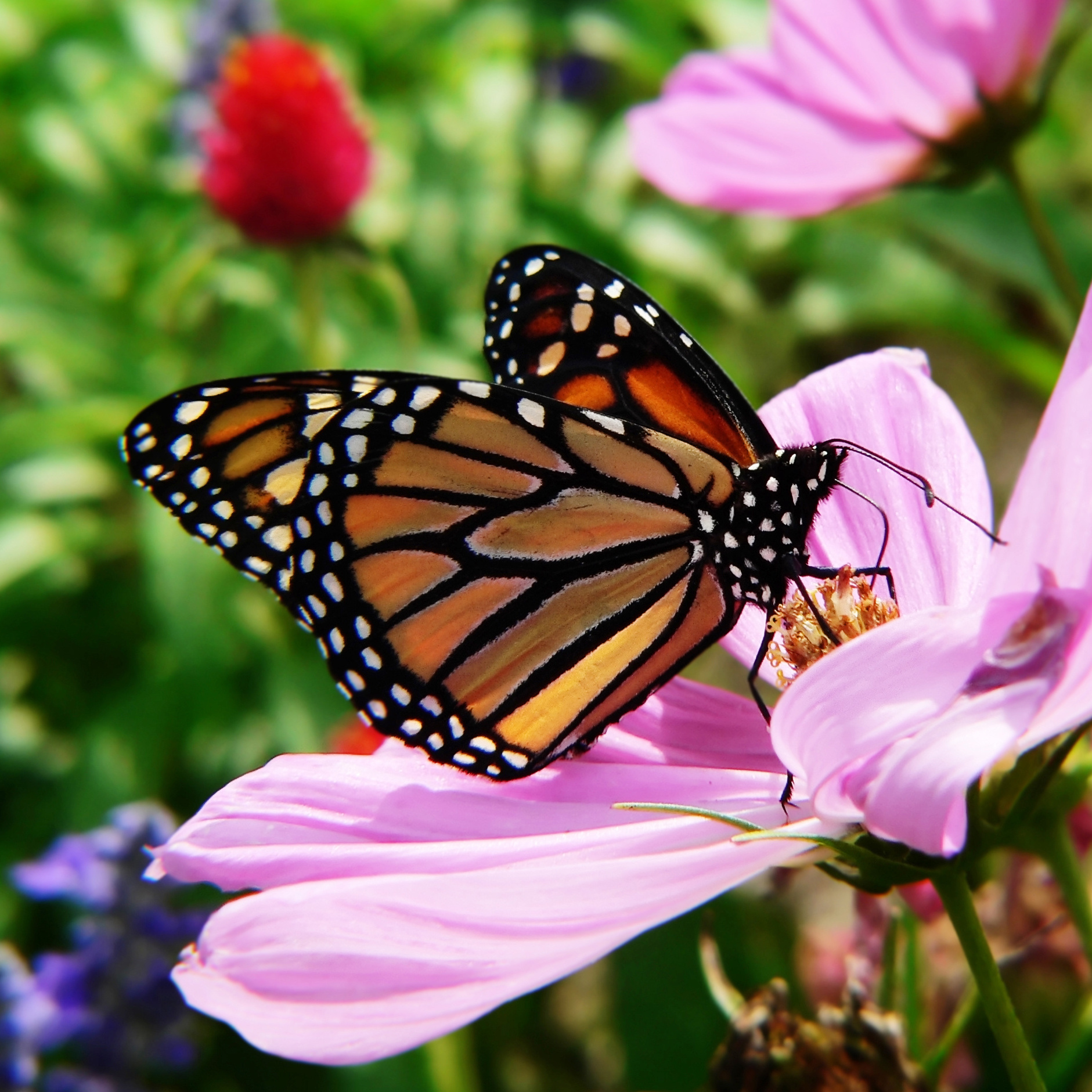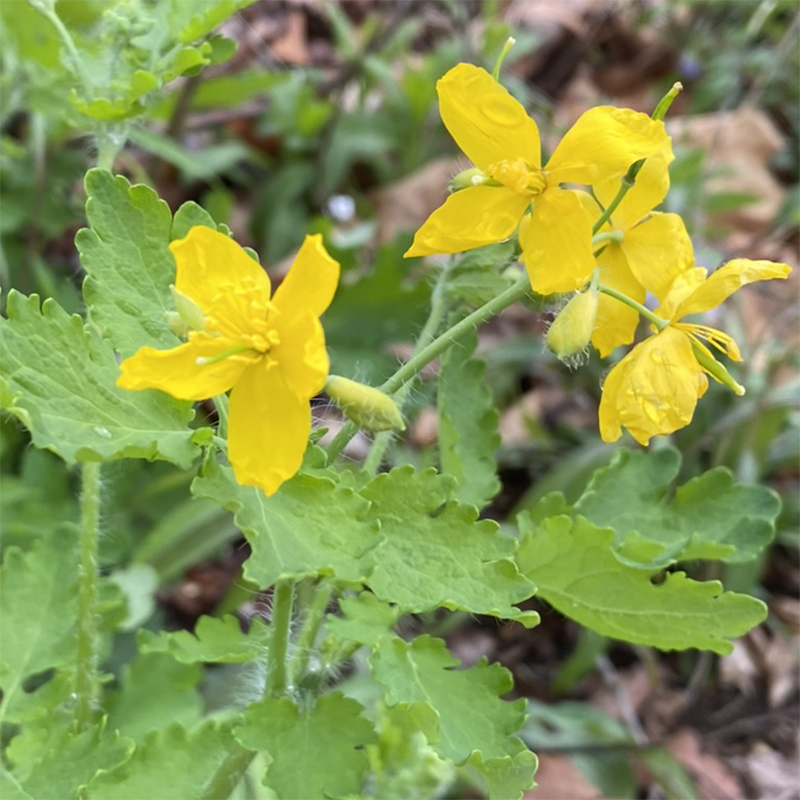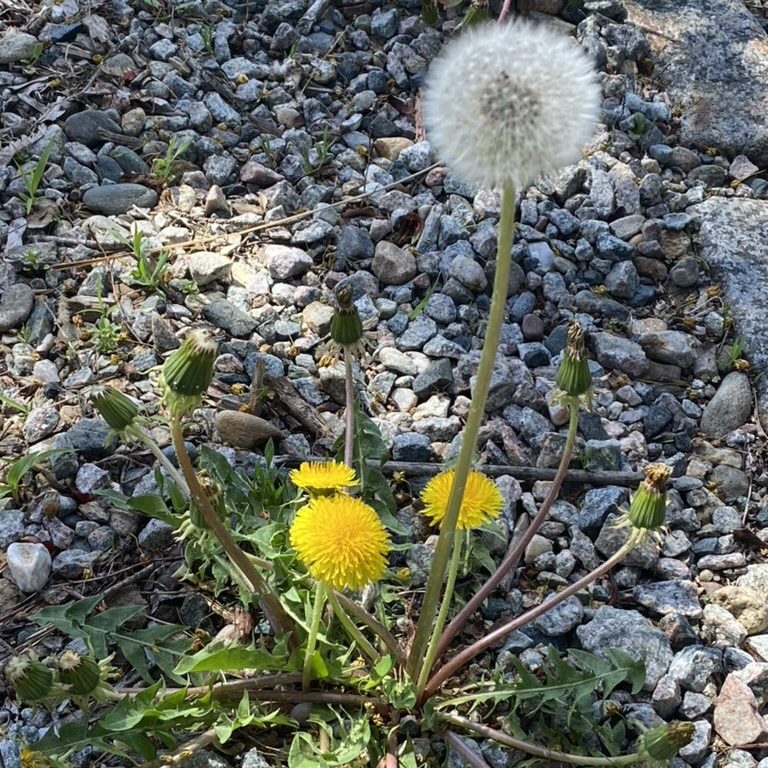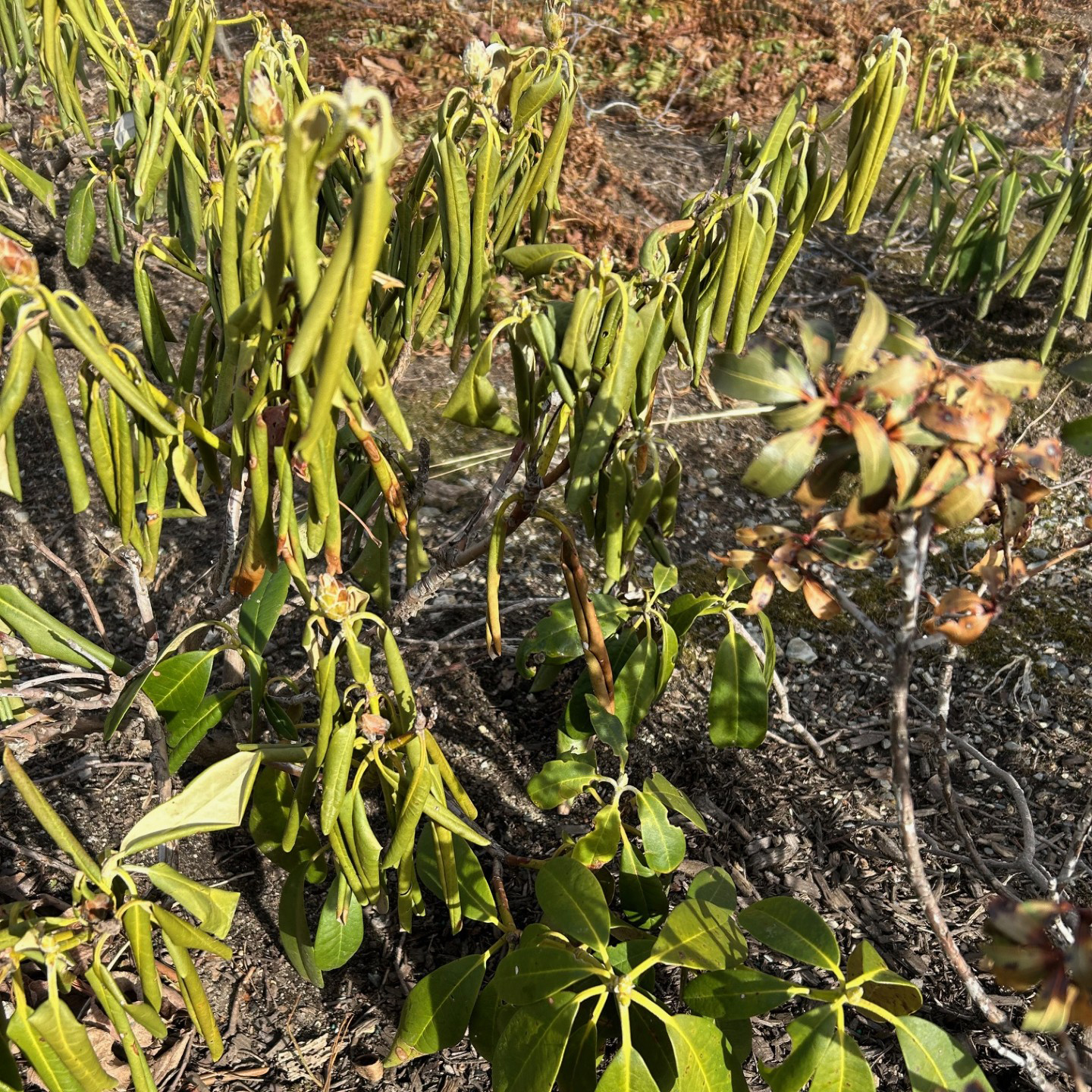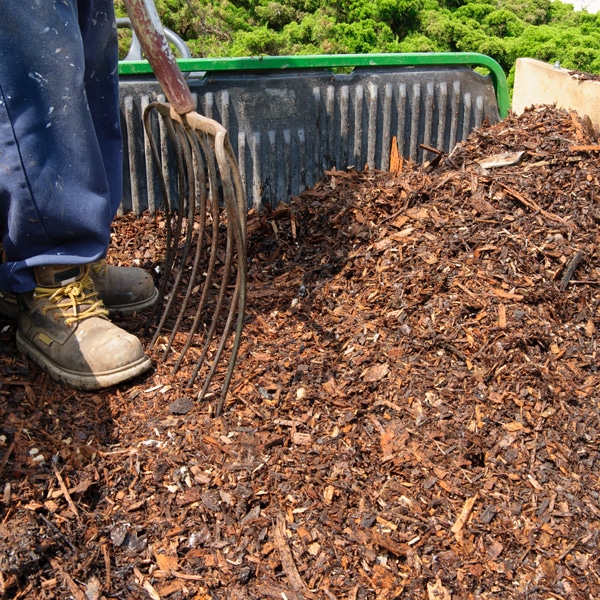
From Lucerne Farms
Most gardeners mulch their perennial and flower beds, but when asked about their vegetables, say they leave the soil bare. Of all beds, the vegetable bed is the one most deserving of the mulching practice, for a whole host of reasons. But here are three that will reduce stress on your plants and help increase your bounty come fall.
Mulching Your Vegetable Garden:
- Helps your plants’ roots stay at a consistent temperature during the season which enhances growth and reduces stress. During the beginning and end of the season, mulch is going to help the soil hold its heat. But when that mid-summer heat hits, your plants will be thankful for the cooler temperatures on their roots. This will help prevent heat stress and help your plants put energy towards producing beautiful things for your table.
- Allows soil to hold a more consistent moisture level. Each plant varies on their desired moisture level, but all benefit from consistency. When consistent moisture levels can be met, our garden friends are able to put more energy into growing garden goodness, instead of having to conserve energy until the next watering.
- Provides protection for some of the hardest workers in our beds. People are becoming increasingly aware of the web of microbes operating within our soil. This soil web helps make nutrients readily available to plants. The healthier this web, the more nutrients your plants receive, and the healthier and happier they are. This means… you guessed it… more energy to put towards garden goodies.

